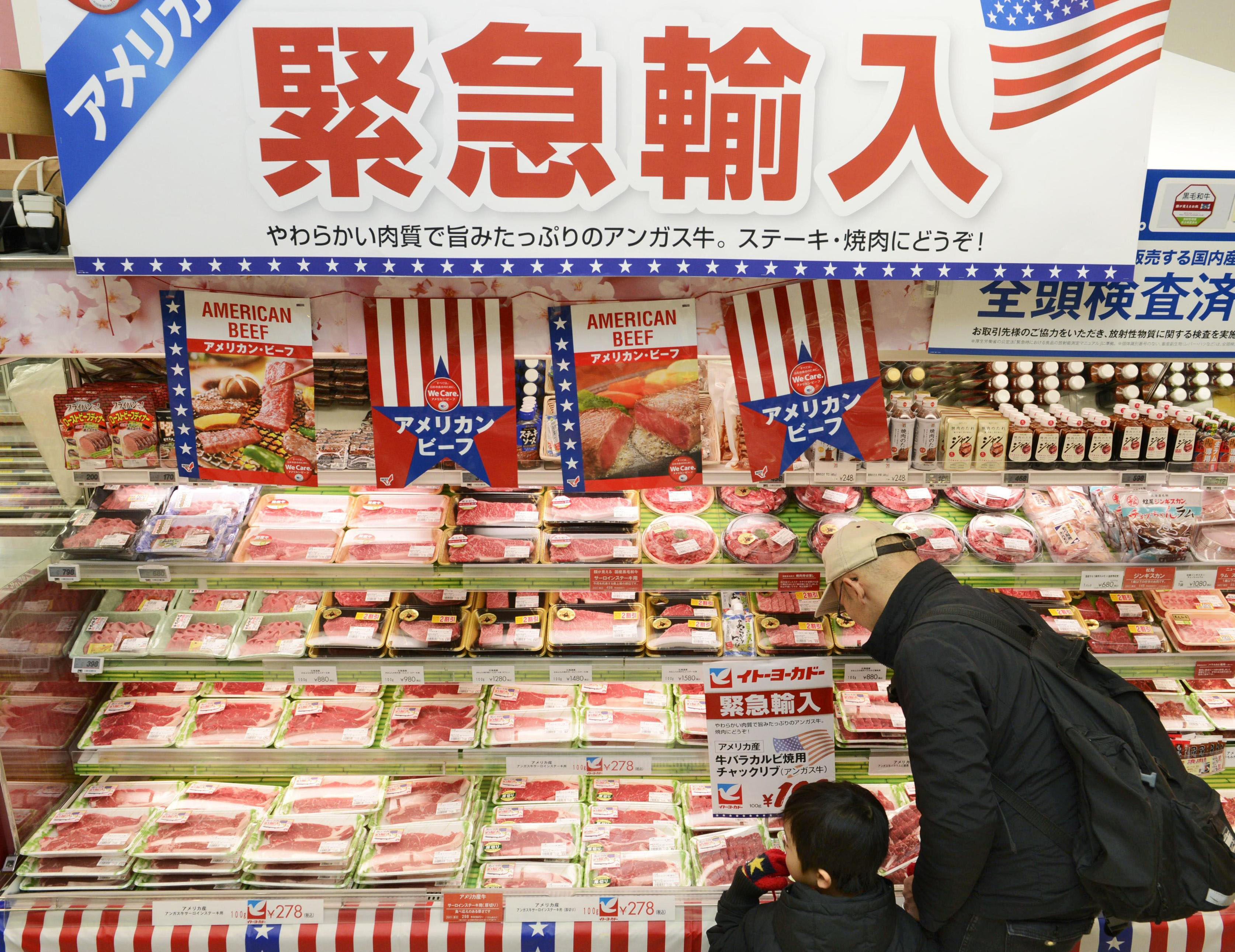Better mad cow disease rating could boost US trade talks
The Hill | 30 May 2013
Better mad cow disease rating could boost U.S. trade talks
By Erik Wasson
American officials and beef producers are reveling in a new safety designation for U.S. cattle and see the change as particularly relevant to ongoing Transpacific trade negotiations.
On Wednesday, the Paris-based World Animal Health Organization (OIE) voted to designated the U.S. has having a “negligible risk” for bovine spongiform encephalopathy (BSE), also know as mad cow disease. This is an upgrade from “controlled risk” status.
U.S. Agriculture Secretary Tom Vilsack hailed the move as a sign the U.S. will increase its $5.5 billion in annual beef exports.
“This decision demonstrates OIE’s belief that both our surveillance for, and safeguards against, BSE are strong,” he said. “With our negligible risk classification from the OIE, we have a strong foundation in place to continue increasing exports of U.S.-origin beef and beef products. In doing so, we will continue to press trading partners to base their decisions on science, consistent with international standards.”
National Cattlemen’s Beef Association President-Elect Bob McCan, said the “announcement is an important step forward in increasing export opportunities for U.S. cattle producers.”
Sources point out a key focus will be Japan, which does not import meat from cattle more than 30 months in age. Generally younger cattle are at less risk from BSE.
Japan completely banned U.S. beef in 2003 after a single case of BSE in the U.S. herd. It later instituted at 21-month age limit and agreed to raise it to 30 months this year.
The TransPacific trade agreement is an opportunity to change this since Japan has decided to join the negotiations. Mexico, also a TPP member, also limits beef imports due to BSE.
Leading the fight has been Senate Finance Committee Chairman Max Baucus (D-Mont.), himself a rancher. He has called on Japan to accept beef from all ages.
“Having the top safety rating will help us tear down the remaining barriers to American beef exports and ensure that our trading partners abide by science-based standards,” Baucus said in a statement on Thursday.
NCBA representative Kent Bacus said Thursday that his group wants OIE standards enshrined in the TPP agreement to ensure import decisions are based on scientific standards. Already under "controlled risk" status, the U.S. should have been allowed to ship beef from cattle of all ages, if specified risk materials related to the nervous system were removed.
South Korea and Taiwan also limit beef imports over BSE but they are not part of the TPP talks.
Beef exports are also an issue in new trade talks with the European Union. The primary issue there is EU refusal to accept hormone-treated beef, and its use of a quota to limit beef imports. The EU generally has a higher risk of BSE than the U.S.






